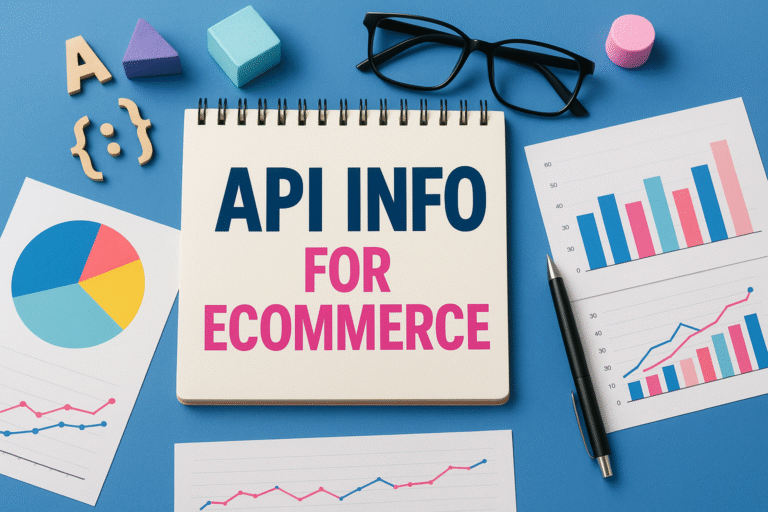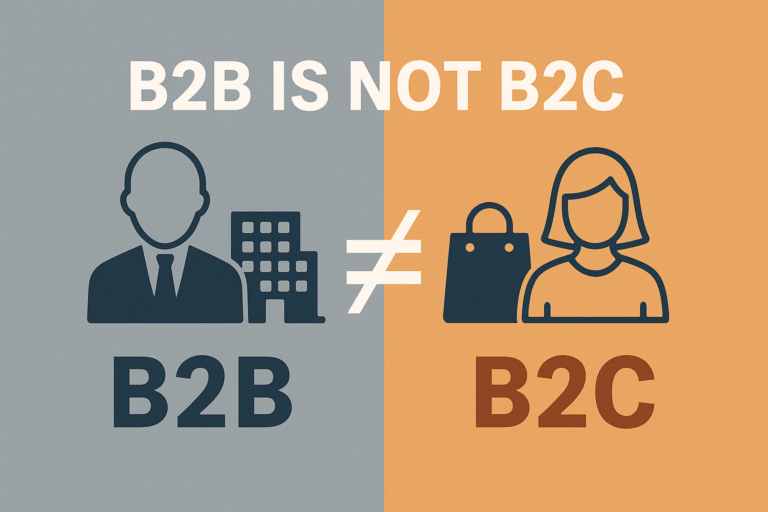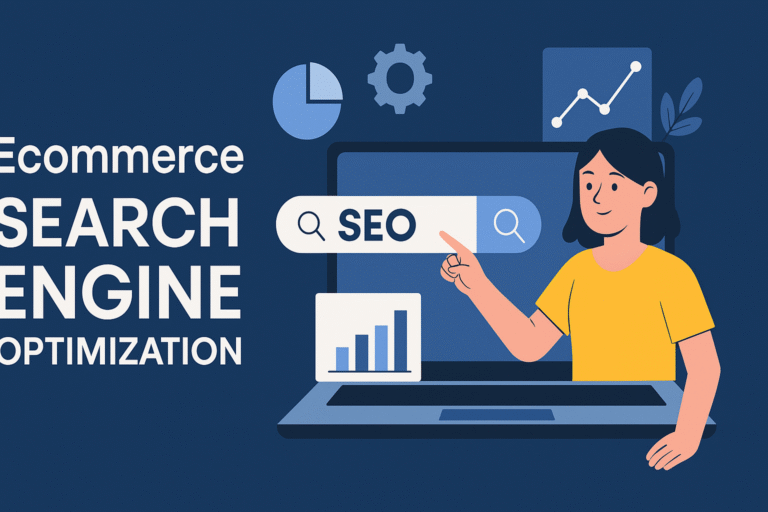In today’s digital-first eCommerce landscape, APIs (Application Programming Interfaces) play a crucial role in shaping the flexibility, scalability, and performance of online stores. Whether you’re integrating inventory tools, CRM platforms, or advanced search engines, APIs provide the bridge that connects your eCommerce backend with the external services that drive growth. —This guide offers detailed API info for eCommerce—explaining what APIs are, why they matter, and how using them strategically can enhance customer experience, streamline operations, and future-proof your digital store.
What Is an API in eCommerce?
An eCommerce API is a defined interface that allows different software applications to exchange data securely and efficiently. It serves as a communication channel between your eCommerce platform and external tools or services, eliminating the need for manual data entry or rigid integrations.
With APIs, developers can access, manage, or update essential eCommerce data such as:
-
Product titles, descriptions, and inventory status
-
Customer details and order history
-
Checkout processes and payment gateways
-
Search and filtering configurations
-
Shipping, taxes, and fulfillment workflows
Rather than building new tools from scratch, APIs let businesses plug in third-party services or extend functionality through custom applications—making them ideal for innovation and personalization.
Why API Integration Matters in eCommerce
Here’s why eCommerce API info is critical for modern retailers and brands:
1. Create Personalized Experiences
APIs enable dynamic front-end experiences by syncing backend data in real time. From personalized product recommendations to user-specific discounts, APIs give developers the tools to serve each shopper uniquely.
2. Enable Faster Deployments
Need to integrate a new review tool, loyalty system, or search engine? APIs make it possible with minimal downtime and without disrupting core systems.
3. Automate and Scale Operations
APIs automate repetitive tasks—like updating inventory, tracking shipments, or syncing orders—allowing your team to focus on strategic growth.
4. Enhance Omnichannel Performance
Whether it’s your mobile app, web store, or marketplace listings, APIs ensure consistent data and customer experience across every channel.
Common Types of eCommerce APIs
| API Type | Purpose |
|---|---|
| Product Catalog API | Retrieve and manage product data, variants, images, and pricing. |
| Customer API | Access user profiles, preferences, and interaction history. |
| Order Management API | Track orders, update statuses, and manage fulfillment. |
| Cart & Checkout API | Control cart operations and integrate secure payment methods. |
| Search API | Improve on-site search accuracy and relevance. |
| Recommendation API | Deliver personalized product suggestions based on user behavior. |
| Webhook/API Callbacks | Trigger real-time notifications for events like order confirmation. |
Each of these API types plays a distinct role in enhancing platform capabilities and customer engagement.
Expertrec: API-Powered Search & Personalization for eCommerce
When it comes to delivering fast, accurate, and personalized search experiences, Expertrec stands out with its robust and developer-friendly API suite. Whether you manage a small store or a high-volume marketplace, Expertrec’s APIs simplify the integration of intelligent search and recommendations.
Key Expertrec API Features:
-
Real-Time Indexing – Keep your product catalog up to date with automatic synchronization.
-
Visual & Voice Search – Let users search via images or voice for enhanced product discovery.
-
Typo Handling & Synonym Matching – Increase findability by understanding natural language queries.
-
Behavioral Data Tracking – Serve personalized results using historical browsing and purchase behavior.
-
Customizable UI Integration – Easily connect to your front-end with adaptable widgets or full APIs.
Expertrec’s solution is built for speed, flexibility, and precision, integrating seamlessly with headless setups or traditional CMS platforms without slowing down your store.
Benefits of Using APIs in Your eCommerce Stack
Using well-structured APIs unlocks several benefits:
-
Operational Efficiency: Automate and reduce manual processes.
-
Customer Experience: Power personalization and quick, accurate search.
-
Agility: Test and integrate new tools or services easily.
-
Future-Readiness: APIs lay the foundation for headless commerce and omnichannel growth.
-
Data Consistency: Keep your ecosystem in sync across apps and platforms.
In a competitive eCommerce environment, APIs are no longer optional—they’re essential for staying relevant and scalable.
Frequently Asked Questions (FAQs)
API info in eCommerce refers to the documentation, endpoints, and integration details that developers use to connect your store with third-party tools and internal systems.
Why should I use eCommerce APIs?
They enable automation, real-time updates, third-party integrations, and custom storefront experiences without major code changes.
Are APIs secure for eCommerce?
Yes, when properly implemented, APIs use secure authentication and encryption methods to ensure data safety and privacy.
Can non-developers work with APIs?
Some platforms like Expertrec simplify API usage through plug-and-play components, pre-built connectors, and strong support—making them accessible even to non-technical users.
How do APIs help with personalization?
APIs connect customer data and behavioral insights to recommendation engines, allowing for tailored product suggestions and content.




